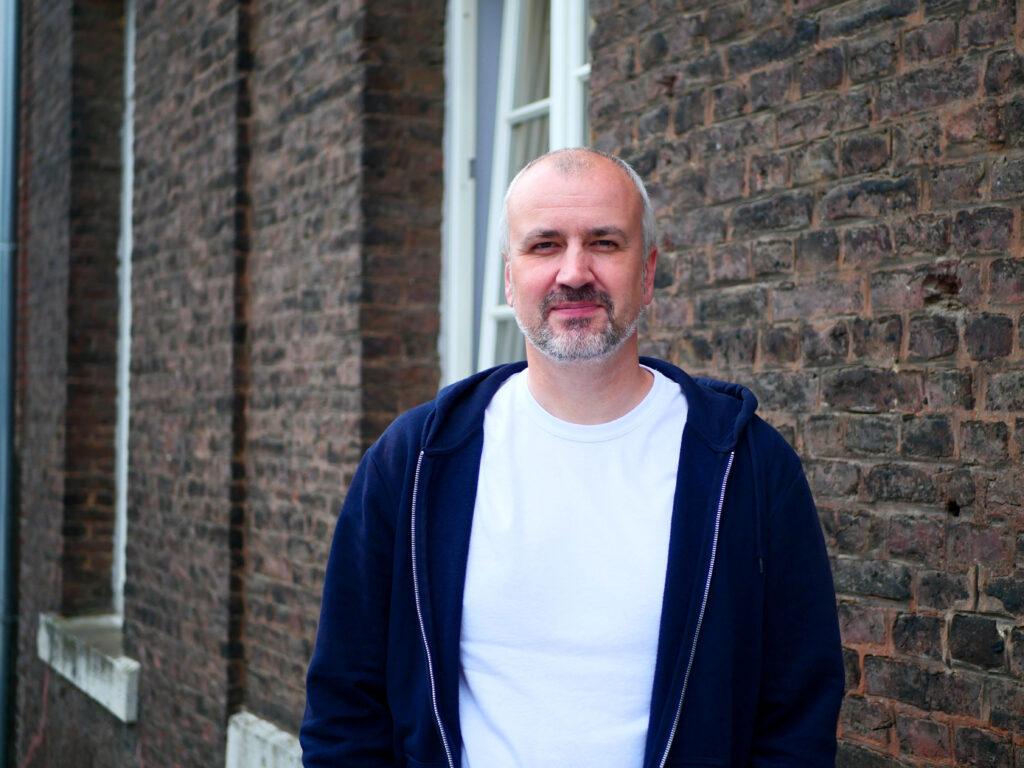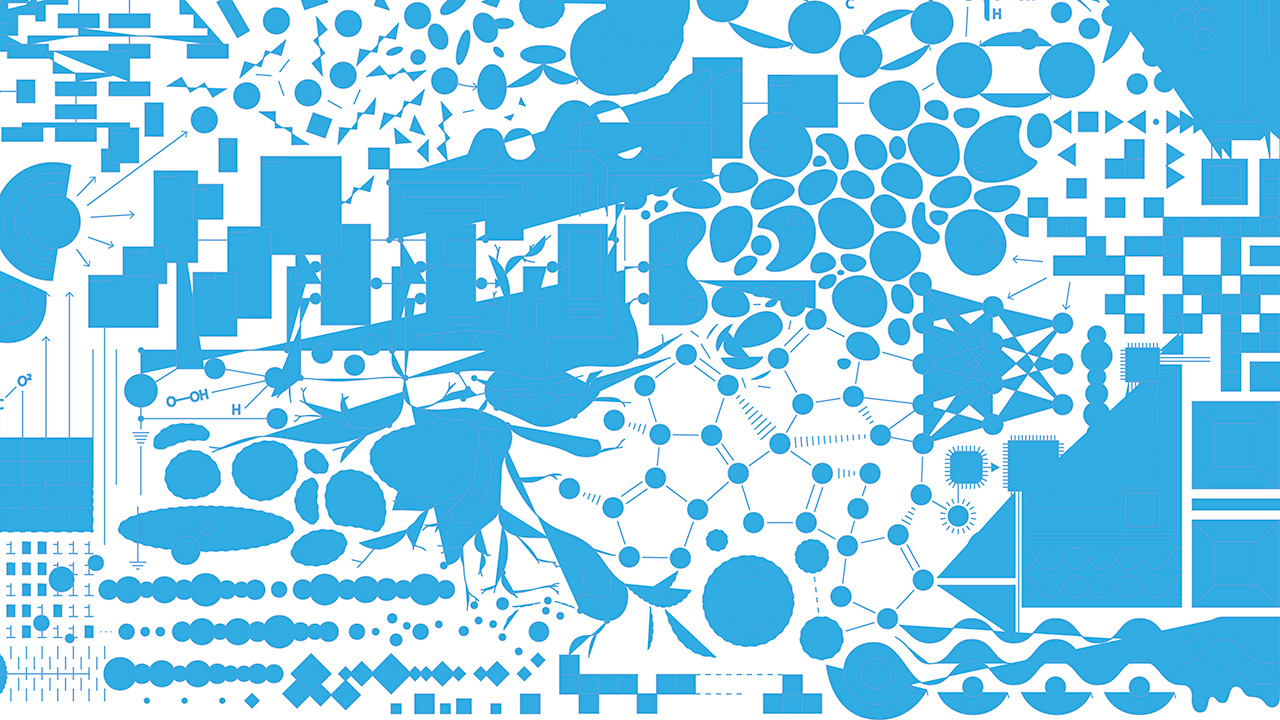Get to know our current fellows and gain an impression of their research.
In a new series of short interviews, we asked them to introduce themselves, talk about their work at c:o/re, the impact of their research on society and give book recommendations.

1. Please introduce yourself.
I’m Andrei Korbut. I’m a sociologist studying human-computer interaction.
2. What is your research about?
My research is about how a particular kind of humanoid robot — it’s called Pepper — has become a popular research tool in robotics labs around the world.
I want to understand what properties of the robot make it useful for studying human-robot interaction, and how it is embedded in and helps to produce the configurations of epistemic practices, industrial interests, and academic politics specific to the field of robotics. To do this, I am tracing Pepper’s career from the production line to publication in an academic journal.
3. How do you see your research impact society?
I see the impact of my research as twofold. First, I hope that the results will influence policy decisions about science. There is a lot of talk about AI regulation nowadays, and as robotics is closely related to AI (although they are different fields), policymakers need more real-world knowledge about how robotics is organised to make their decisions more knowledge-based. And second, it would be great if my research could make humanoid robots less “opaque” to ordinary people. There is a lot of hype around humanoid robots today, based on developers’ desire to make them look more capable and autonomous than they really are. I think my research can show that these machines are not something supernatural and approaching humans in their abilities, but only exist because the large amount of human labour and knowledge is constantly embedded in them.
4. What does a research day at c:o/re look like for you?
I would even say that there is not one day, but two different days at c:o/re. The first is very quiet: I just go into the office and work at my desk, making notes, analysing data, reading, with some breaks for food and occasional conversations with colleagues. The second is more lively, full of discussions, meeting new people, and visiting very exciting places like real labs at RWTH. I like both days equally because they are beneficial for my research, although in different ways.
5. What does Cultures of Research mean to you?
For me c:o/re is a community of very talented and interested people where I can freely discuss my findings and plans and get new insights after each of such discussions. Small group of scholars working in the same field, as in c:o/re, is an excellent habitat for nourishing your ideas.
6. What book have you read recently that you would recommend?
It is a book not from my main area of interest, but I really enjoyed it. (I find it important to read outside my field from time to time.) It’s Timefulness: How Thinking Like a Geologist Can Help Save the World by Marcia Bjornerud. This is a fascinating introduction to the way geologists think of time, providing some basic knowledge about the history of the discipline and the structure and evolution of the Earth. More importantly for me, the book teaches how to see the traces of time in the objects around us. The book is aimed at people like me who are not very familiar with geology, so I found it really interesting, not least because Bjornerud presents geology through her own personal experience as a field researcher. Also, the illustrations by Haley Hagerman are masterful.



